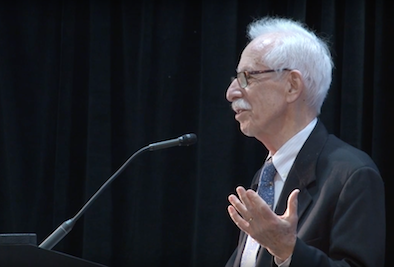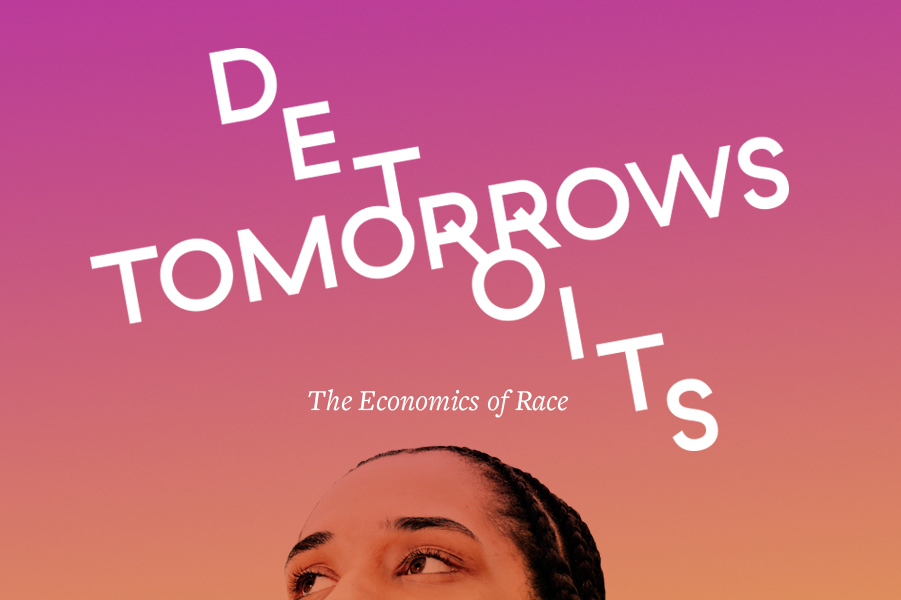Peter Temin is the Elisha Gray II Professor Emeritus of Economics at the Massachusetts Institute of Technology (MIT). He received his B.A. from Swarthmore College in 1959 and his Ph.D. in Economics from MIT in 1964. Professor Temin was a Junior Fellow of the Society of Fellows at Harvard University, 1962-65; the Pitt Professor of American History and Institutions at Cambridge University, 1985-86; Head of the Economics Department at MIT, 1990-93; and President of the Economic History Association, 1995-96. Professor Temin’s most recent books are The Roman Market Economy (Princeton University Press, 2013), Prometheus Shackled: Goldsmith Banks and England’s Financial Revolution after 1700 (Oxford University Press, 2013, with Hans-Joachim Voth), The Leaderless Economy: Why the World Economic System Fell Apart and How to Fix It (Princeton University Press, 2013, with David Vines) Keynes: Useful Economics for the World Economy (MIT Press, 2014, with David Vines), and The Vanishing Middle Class: Prejudice and Power in a Dual Economy (MIT Press, 2017).
Peter Temin

By this expert
The Vanishing Middle Class: The Growth of a Dual Economy
Growing income inequality is threatening the American middle class, and the middle class is vanishing before our eyes. We are still one country, but the stretch of incomes is fraying the unity of our nation.
Mass Incarceration’s Dangerous New Equilibrium

A new model probes why the US leads the world in jailing and imprisoning people, and what it will take to reverse course
The Political Economy of Mass Incarceration: An Analytical Model
This paper presents a model of mass incarceration in the United States, which has the largest proportion of its population imprisoned among advanced countries.
Comments on Paul Davidson’s “Full Employment, Open Economy Macroeconomics, and Keynes’ General Theory: Does the Swan Diagram Suffice?”
This is a response to a critique by Paul Davidson of our 2013 book Keynes: Useful Economics for the World Economy and related work, where we describe, amongst other things, how the Swan diagram can be used to show how economies can use policy tools to achieve internal and external balance.
Featuring this expert
Reawakening From the Origins of Economic Ideas to the Challenges of Our Time

INET gathered hundreds of new economic thinkers in Edinburgh to discuss the past, present, and future of the economics profession.
America is Regressing into a Developing Nation for Most People

A new book by economist Peter Temin finds that the U.S. is no longer one country, but dividing into two separate economic and political worlds
What the ‘Dual Economy’ Model Reveals About Today’s America

Professor Temin sees the US economy as bifurcated along lines analogous to the situation described in developing world economies by W. Arthur Lewis.
